This International Women’s Day we are calling for action against online misogyny
It’s time to call on lawmakers to update the Online Safety Bill to protect women and girls, and make the internet a safer space.
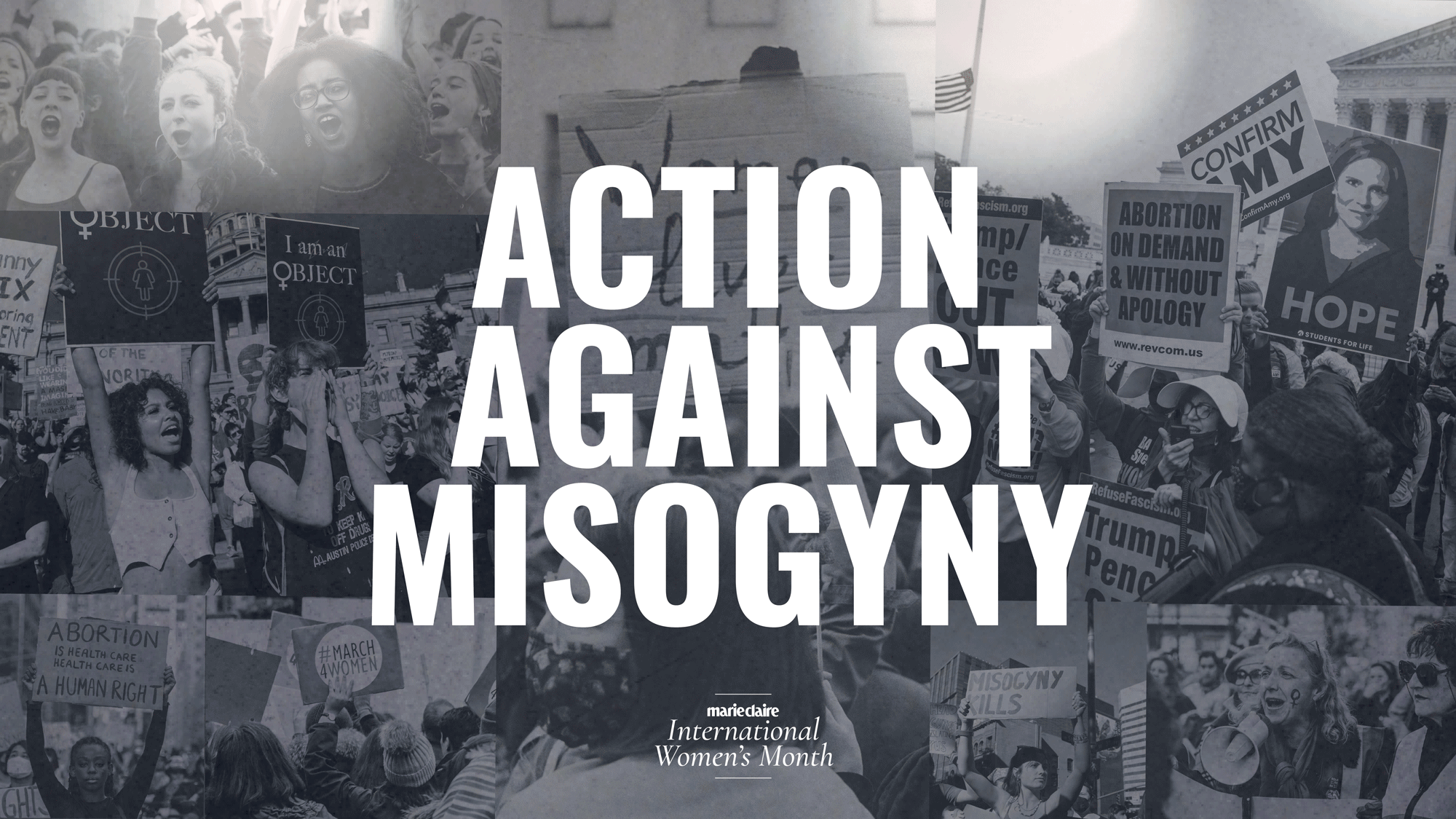

We are facing an epidemic of online misogyny, and with the rise of Andrew Tate and the spread of incel ideology, UK cyber hate is at an all-time high, particularly against women.
Women are 27 times more likely to face online abuse than men, with 1 in 5 reporting to have experienced it in some form, from cyber flashing to violent threats.
Young men are increasingly being radicalised, with social media algorithms proven to be driving hate speech. And as the link between online abuse and offline violence shows us, women and girls are being put in danger. But despite its prevalence, online misogyny continues to be overlooked and the government still refuses to take action.

The Online Safety Bill - drafted this year, fails to acknowledge online abuse and its disproportionate impact on women and girls. Moreover, lawmakers have controversially chosen not to hold social media companies accountable for the content being pushed out on their platforms - a recommended move that would have reduced the spread of online hate.
We are at a critical moment in the fight against online misogyny and if left unchanged, the Online Safety Bill’s oversights could have a detrimental impact.
Now more than ever we need to protect women and girls online, and this International Women’s Day, we are calling for action.
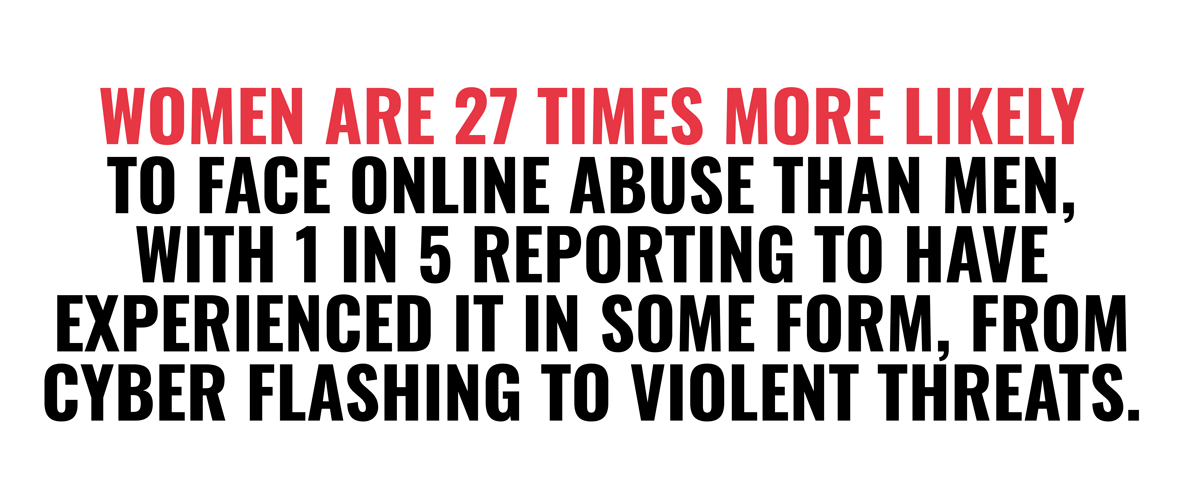
This week, we will be joining forces with women’s rights activists, releasing a series of in-depth interviews about the threat of online misogyny and how to navigate it.
Marie Claire Newsletter
Celebrity news, beauty, fashion advice, and fascinating features, delivered straight to your inbox!
Seyi Akiwowo will be vocalising the impacts of online abuse and what we need from the Online Safety Bill. Karen Whybro will be unearthing the hypocrisy of social media platforms, telling her own story of how she was banned from TikTok after being “rage farmed” by misogynistic influencers. And Laura Bates will be reflecting on Andrew Tate, the online misogyny crisis and where we can find the solutions.
And together, this International Women’s Day, all three women will be calling for changes to the Online Safety Bill draft.
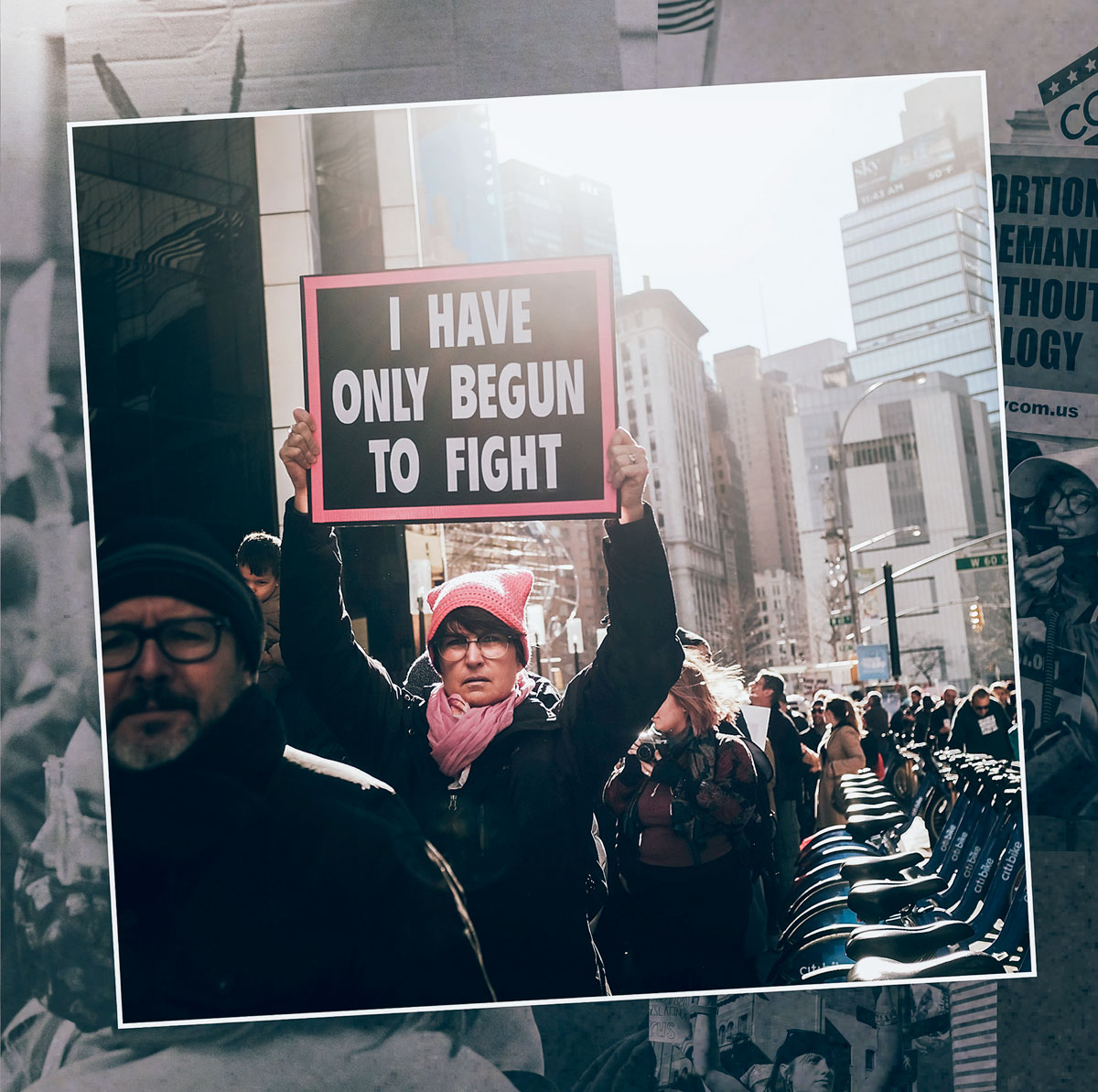
“The government really needs to look at legislation against the social media companies,” Karen Whybro told us as part of her interview. “Until that loophole is cut, they're never going to have to take responsibility for what's on their platforms.”
“It is such a missed opportunity and it’s going to have a huge impact,” added Laura Bates. “It's another clear example of the government simply failing to recognise that this is an enormously gendered issue, and a growing one.
“With a worryingly high number of female MPs who stepped down from their seats citing abuse as a key factor in their decision, a cynical person might begin to wonder if tackling online abuse isn't necessarily in the best interests of powerful men in government... not least while they are watching porn in parliament and 56 of them are currently themselves under investigation for sexual misconduct.”
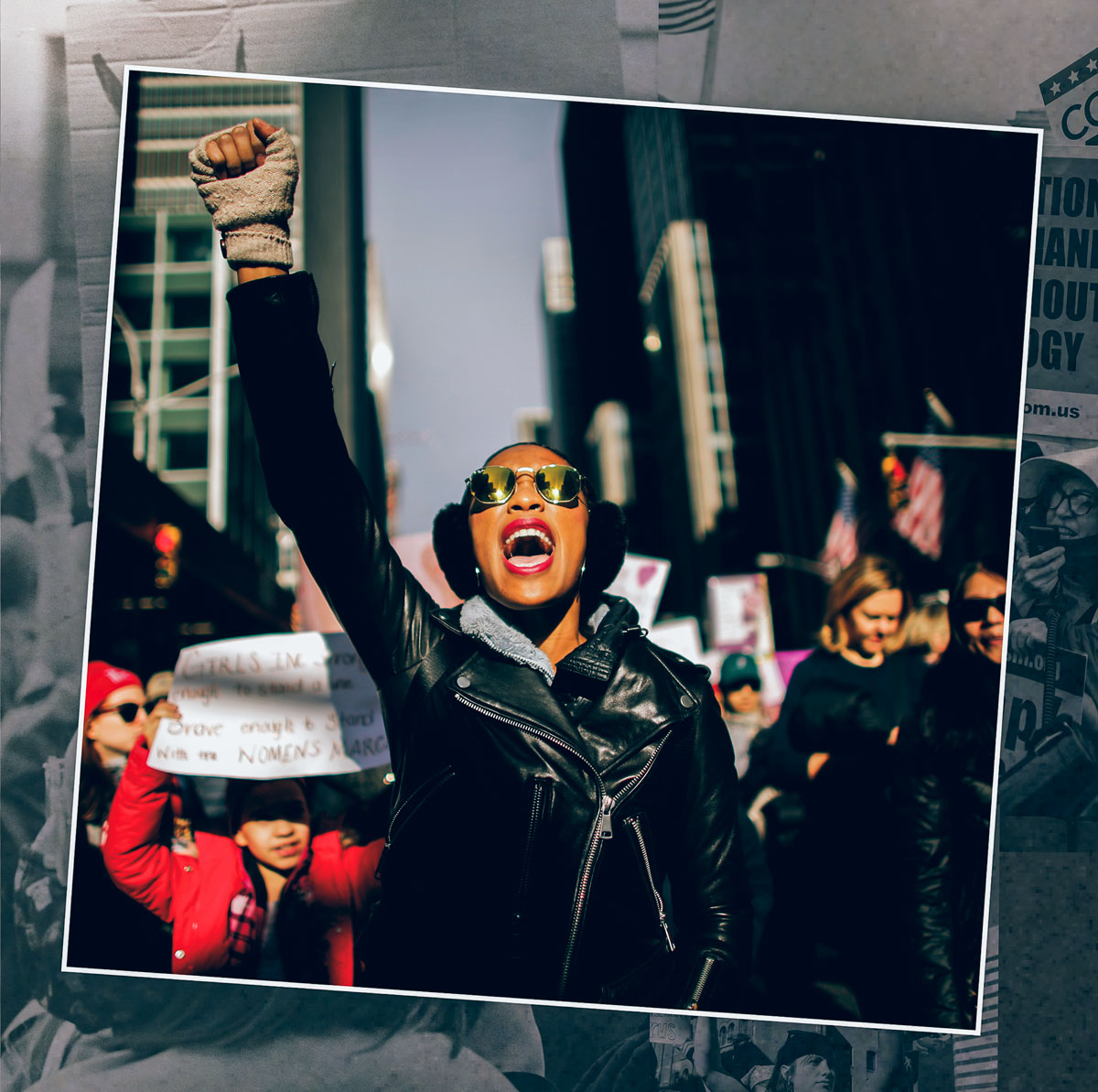
Over the next week, we will be sharing their thoughts, experience and expertise on action against online misogyny - and crucially, what we can actually do about it.
Not to mention, we will be inspiring you in your own activism, from our feminist book recommendations to the game changing petitions to sign, including one created by Seyi Akiwowo herself.
The petition is calling for the UK’s new online safety law to protect women and girls from online abuse. And if you want to take action against misogyny, signing your name is a great place to start.
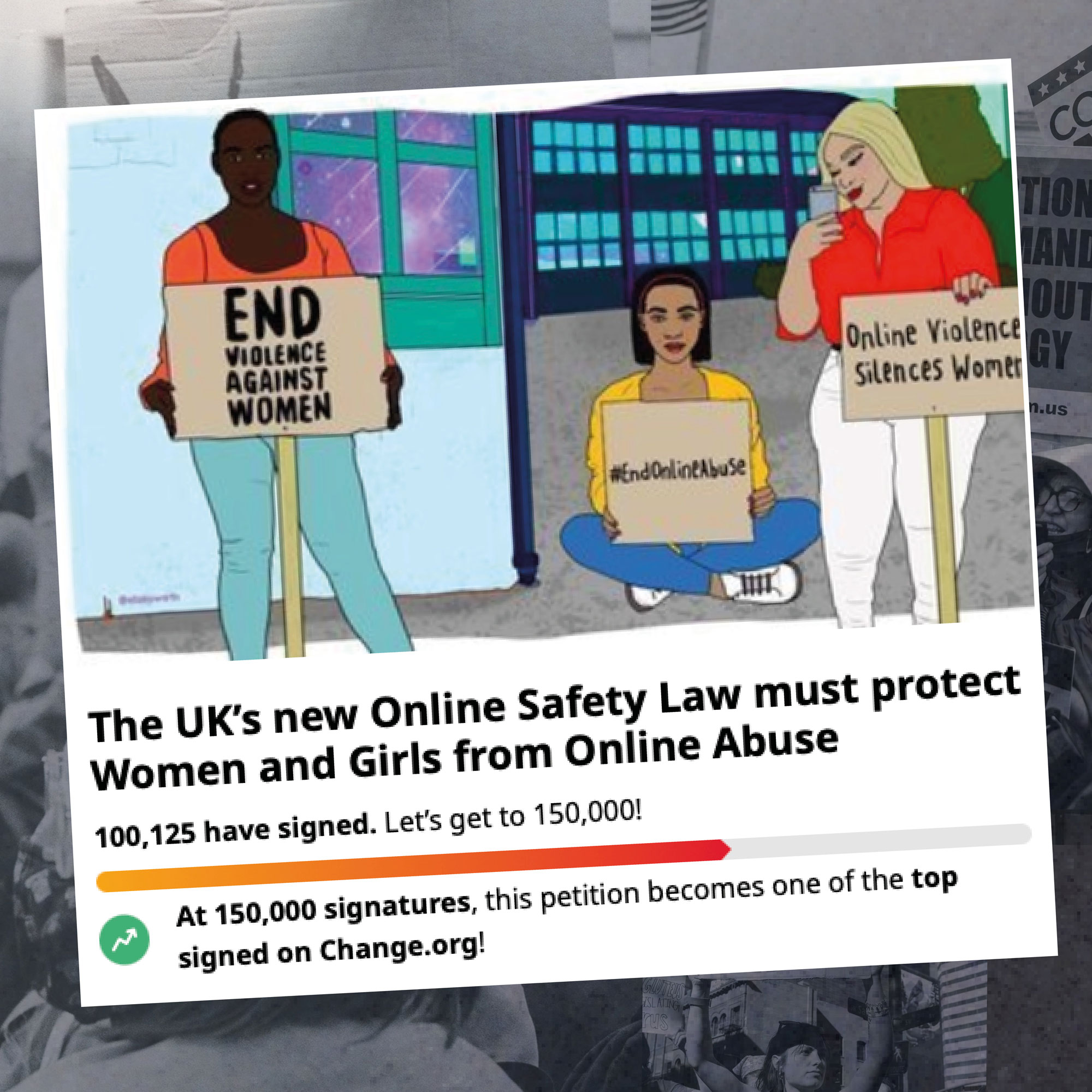
“Women and girls are far more likely than men to experience online abuse, but the government is leaving women and girls out of the new law designed to make us all safer online,” reads the online petition, set up by Seyi Akiwowo and Andrea Simon, from the End Violence Against Women Coalition. “The government's new law is meant to make tech companies step up and act. But if the law doesn’t name the problem, then how will tech companies be made to fix it?
“The government needs to listen NOW. This opportunity to make online spaces safer cannot be wasted.”
Follow our Action Against Online Misogyny series @MarieClaireUK.

Jenny Proudfoot is an award-winning journalist, specialising in lifestyle, culture, entertainment, international development and politics. She has worked at Marie Claire UK for seven years, rising from intern to Features Editor and is now the most published Marie Claire writer of all time. She was made a 30 under 30 award-winner last year and named a rising star in journalism by the Professional Publishers Association.
-
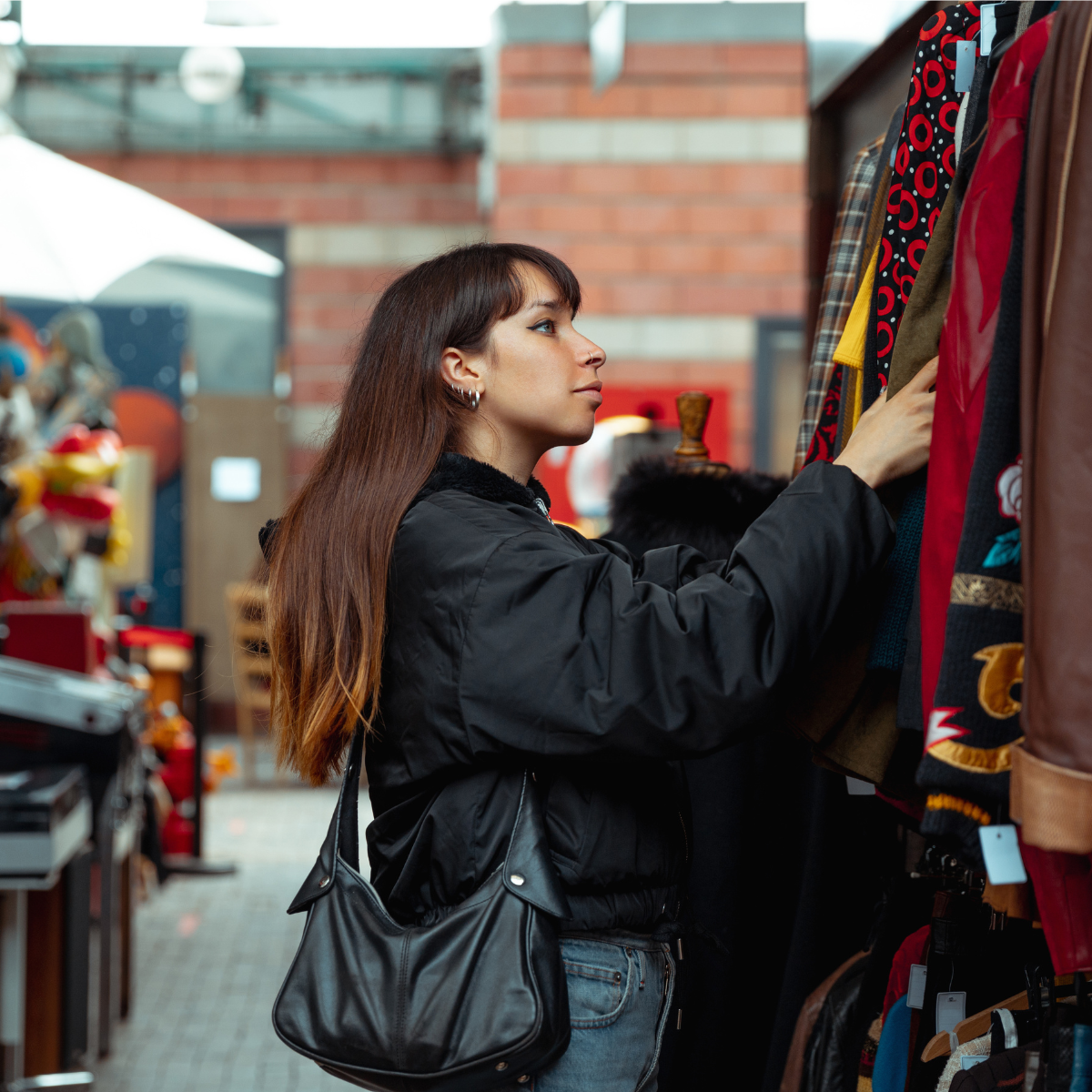 Vintage sales, flower festivals and unique brunches - 7 fun and frivolous things to do this bank holiday
Vintage sales, flower festivals and unique brunches - 7 fun and frivolous things to do this bank holidayBy Jadie Troy-Pryde
-
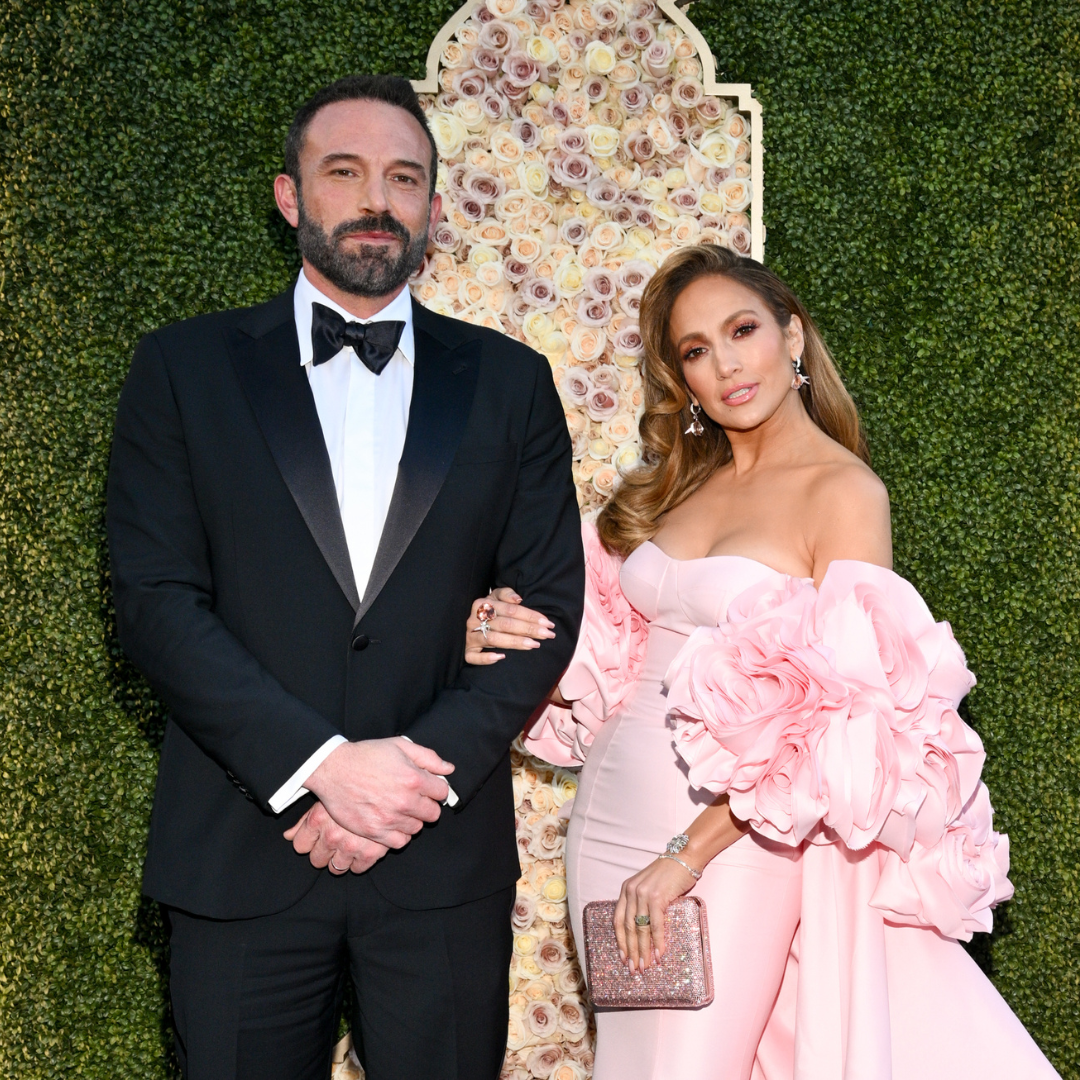 How Ben Affleck feels about dating after his divorce from Jennifer Lopez
How Ben Affleck feels about dating after his divorce from Jennifer LopezHe's taking it slow
By Iris Goldsztajn
-
 Dior travels to Kyoto for a cherry blossom-inspired fashion show
Dior travels to Kyoto for a cherry blossom-inspired fashion showHere's everything you need to know
By Clementina Jackson